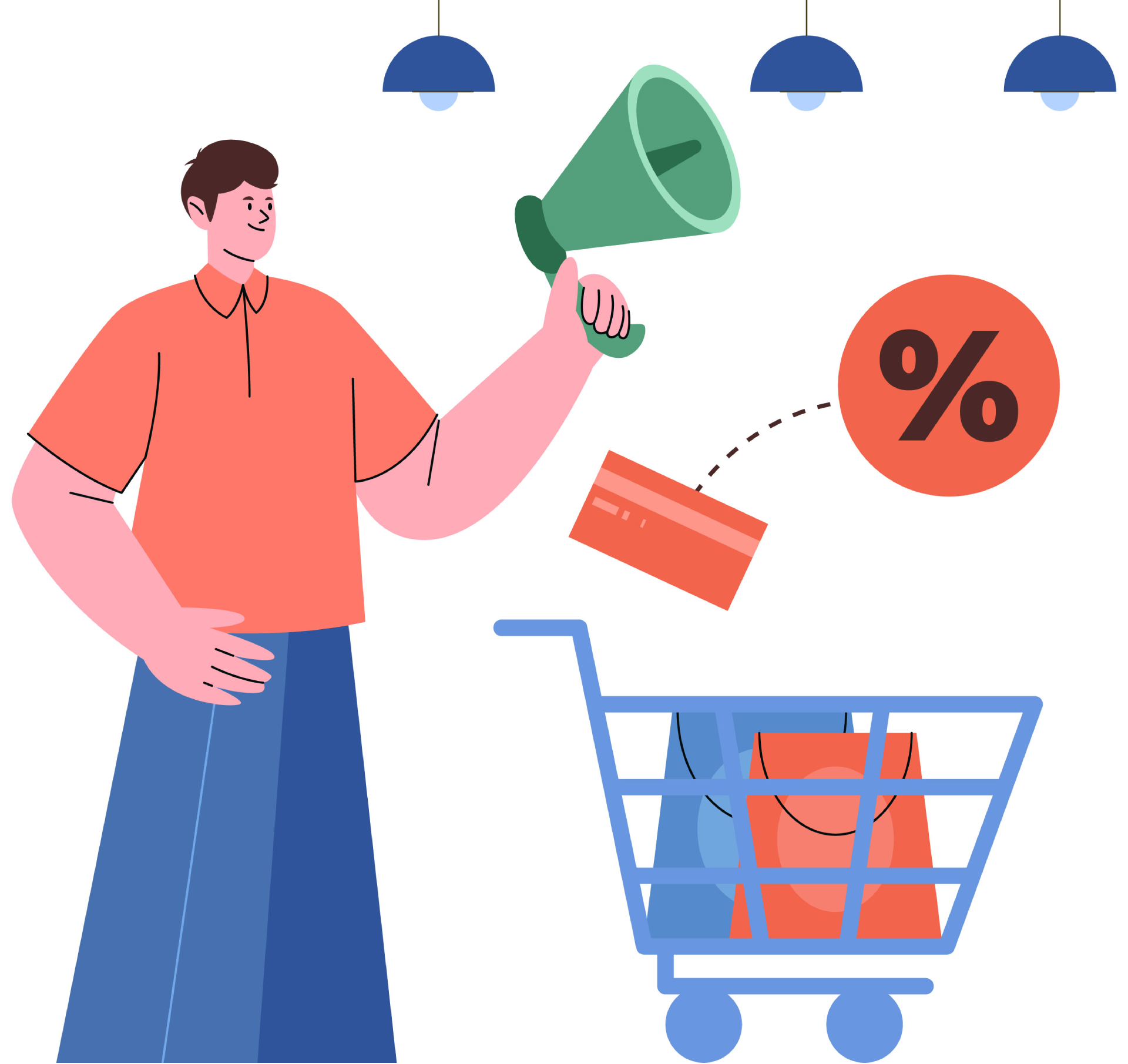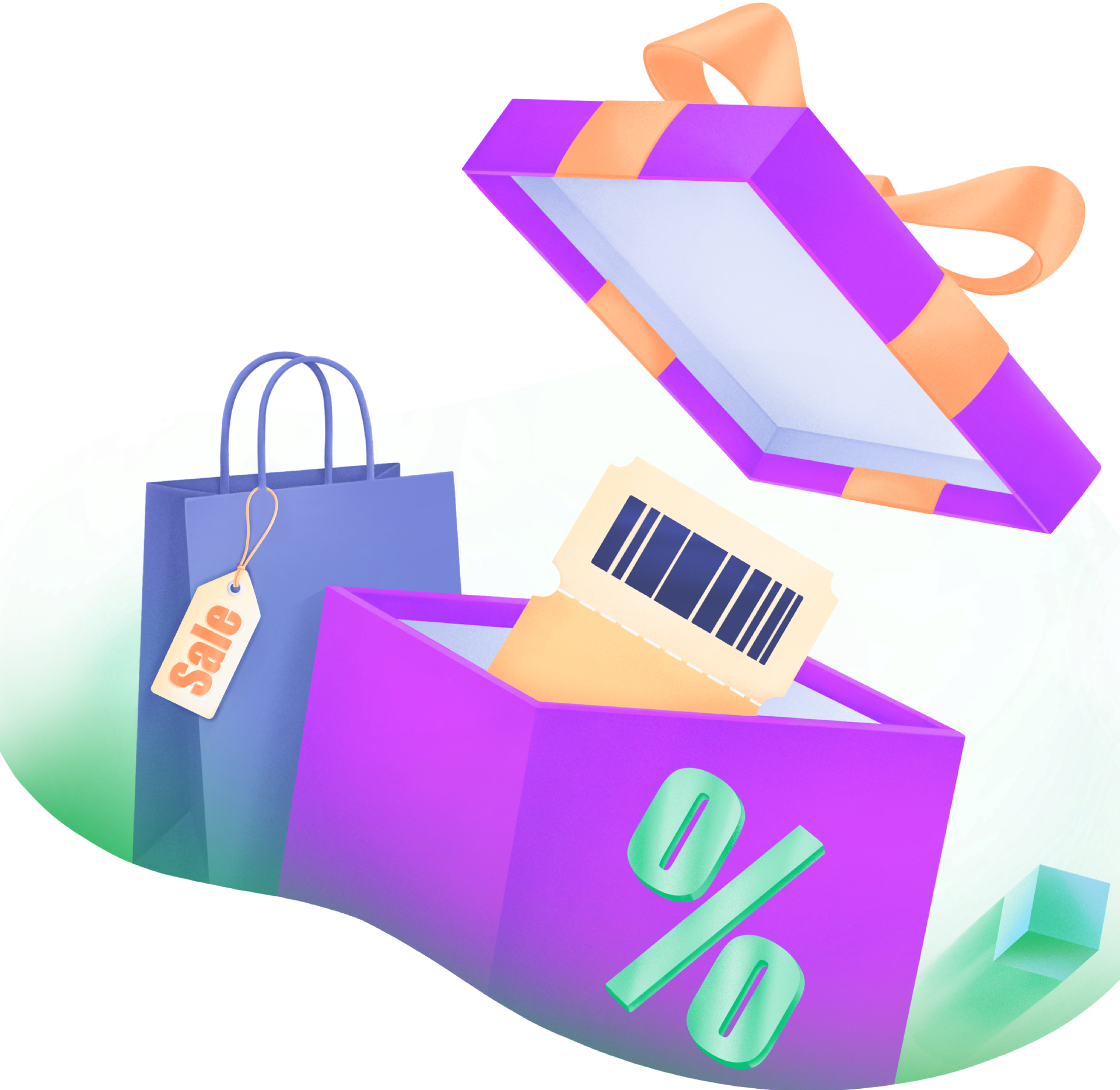Introduction: Making Every Click a Bigger Sale
When managing a Shopify store, attracting customers to your website is just the beginning the real impact happens when they decide to spend more.This is where upselling and cross-selling play a vital role.
These proven sales methods help increase your average order value (AOV), customer satisfaction, and overall revenue without needing to acquire new customers.In today’s competitive e-commerce environment, mastering upselling and cross-selling can transform your Shopify store from just another online shop into a powerful revenue generator.
Let’s explore the most effective upselling and cross-selling techniques you can apply to your store to boost sales and enhance the customer experience.
Understanding Upselling and Cross-Selling
Before we get into the strategies, it’s important to clearly understand the difference between these two approaches:
Upselling: Encouraging customers to choose a more expensive or upgraded version of the product they are interested in.
Example: Recommending a premium laptop model with enhanced features instead of the standard version.
Cross-Selling: Suggesting related or complementary products that go along with the main item.
Example: Suggesting a laptop bag or mouse when a customer is buying a laptop.
Both strategies increase your overall sales while also improving the shopping experience by offering convenient and relevant options.
Why Upselling and Cross-Selling Are Important for Shopify Stores
For Shopify sellers, these strategies are more than just marketing tactics they’re essential for long-term growth.
Key Benefits:
Higher average order value (AOV) – More revenue from each transaction without additional marketing costs.
Greater customer satisfaction – Shoppers appreciate personalized and relevant suggestions.
Increased ROI on traffic – More profit from the same number of visitors.
Loyalty from customers – Thoughtful offers show you care about their needs, encouraging repeat purchases. 
It has been reported that upselling can boost revenue by up to 30%, while cross-selling can contribute up to 20% of total sales in well-performing Shopify stores.
Best Upselling Strategies for Shopify Stores
Let’s look at how to effectively implement upselling in your Shopify store.
Focus on Value, Not Price
When promoting a more expensive product, highlight the added benefits like improved performance, longer lifespan, better features, or enhanced aesthetics.
Example: “Upgrade to the Deluxe Plan and enjoy 2x faster delivery and priority support.”
Use Product Comparison Tables
Including comparison charts on your Shopify store can help customers see the difference between standard and upgraded options clearly.
Display Upsells on Product and Cart Pages
Tools like ReConvert Upsell & Cross Sell, Zipify OneClickUpsell, or Honeycomb Upsell Funnels can help you present targeted upsells during checkout.
Offer Bundle Upgrades
Create bundles that include premium versions of products at a discounted rate.
Example: “Upgrade your skincare kit to the luxury edition and save 15%.”
Use Post-Purchase Upselling
Applying a Shopify Thank You Page app can help you suggest add-ons or special upgrades after a customer completes a purchase.This is a great time to offer additional products since the customer is already in the buying mindset.
Pro Tip: Always test your upsell promotions with A/B testing to find out what combination of products or offers drives the most conversions.
Tried-and-Tested Cross-Selling Techniques for Shopify Stores
Now, let’s look at some effective cross-selling strategies that can help you introduce customers to more of your products.
“Frequently Bought Together” Recommendations
Apps like Frequently Bought Together or Bold Upsell can help you display products that are often purchased together.
Example: “Customers who bought this camera also bought this tripod and SD card.”
Personalized Product Recommendations
Shopify’s AI-based recommendation features or third-party extensions like LimeSpot or Nosto can provide relevant cross-sell suggestions based on customer behavior.
Product Bundling
Group complementary items into value bundles to make purchasing easier.
Example: “Complete your home workout kit with resistance bands, yoga mats, and water bottles”. This not only increases AOV but also simplifies the shopping process.
Email Cross-Selling Campaigns
After a customer makes a purchase, send personalized follow-up emails that recommend products.
Example: “You purchased running shoes – here are coordinating socks and a water bottle to go along with your outfit.”
Checkout and Thank You Page Offers
Add small, enticing offers before or after checkout.
Example: “Include a travel pouch for just $5 extra.”
These low-cost add-ons often lead to impulsive purchases.
Leveraging Shopify Apps for Upselling & Cross-Selling Automation
Shopify offers a variety of tools that make implementing these strategies easier and more efficient.
Top Shopify Apps for Upselling & Cross-Selling:
- ReConvert Upsell & Cross Sell : Create post-purchase upsell funnels.
- Bold Upsell : Offer product upgrades or related items directly on product pages.
- Honeycomb Upsell Funnels : Streamline offers across various customer touchpoints.
- Frequently Bought Together : Add Amazon-style combo suggestions.
In Cart Upsell: Show personalized offers inside the cart without disrupting the checkout flow.
Automation Advantage: These apps use smart rules based on product tags, collections, or past purchases to offer the most relevant items every time.
Tips to Maximize Your Upsell and Cross-Sell Offers
The success of upselling and cross-selling depends on relevance, timing, and presentation.
Keep It Relevant
Don’t overwhelm customers with products that aren’t related to what they’re purchasing.
Every recommendation should logically fit their current selection.
Limit the Choices
Too many options can lead to decision fatigue.
Limit recommendations to 1–3 clear, relevant choices at most.
Provide Incentives
Offer small discounts, free shipping, or loyalty points to encourage customers to take an upsell or cross-sell offer.
Leverage Social Proof
Display reviews, ratings, or “Most Popular” labels to build trust and credibility in the recommended products.
Test, Measure, and Refine
Use Shopify Analytics or Google Analytics to track performance.Monitor key metrics like AOV, conversion rate, and upsell acceptance rate and keep refining your approach.
Real Example: A Shopify Store That Nailed It
A niche fashion brand used Bold Upsell and ReConvert to enhance their sales strategy.
They added “Complete the Look” sections for cross-selling accessories.
They offered premium fabric upgrades for upselling.
They used personalized emails after purchases to recommend matching products.
Outcome: Within three months, their average order value increased by 28%, and repeat purchases saw a significant improvement.
Conclusion: Smarter Selling, Bigger Profits
Upselling and cross-selling are not just about making more sales, they’re about creating a more valuable experience for your customers. Done right, they can significantly boost your Shopify store’s profitability and long-term success.
What is the difference between upselling and cross-selling in Shopify?
Upselling encourages customers to buy a higher-end or upgraded version of a product, while cross-selling suggests related or complementary items. Both aim to increase the customer’s total purchase value and enhance their experience.
How do I decide which products to upsell or cross-sell?
Analyze your Shopify Analytics and sales history to identify your best-selling or frequently paired items. Choose products that complement or enhance the main purchase to increase the chance of conversion.
Are upselling and cross-selling suitable for all types of Shopify stores?
Absolutely. Whether you sell fashion, beauty, electronics, or digital goods, these strategies can be customized to fit your niche. The key is to ensure recommendations are relevant and helpful, not pushy.
How can I automate upselling and cross-selling on Shopify?
Use automation tools like ReConvert, LimeSpot, or Nosto to show dynamic recommendations based on behavior, past purchases, and product data saving time while optimizing results.

